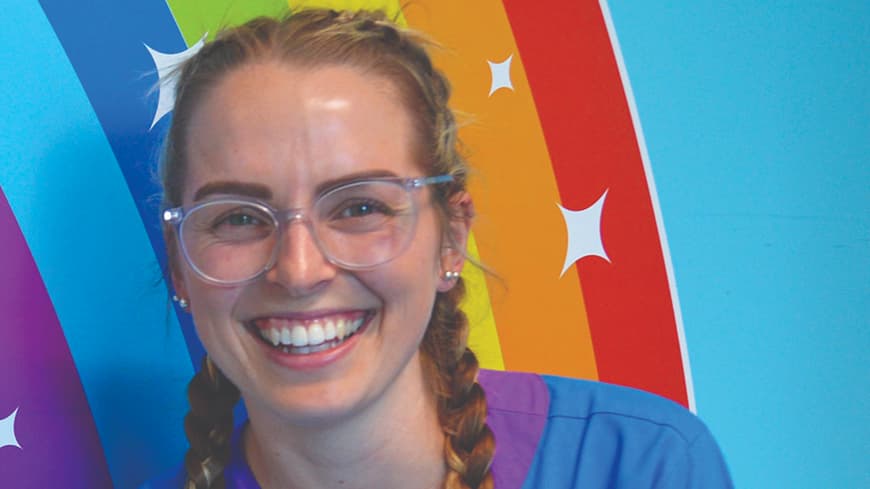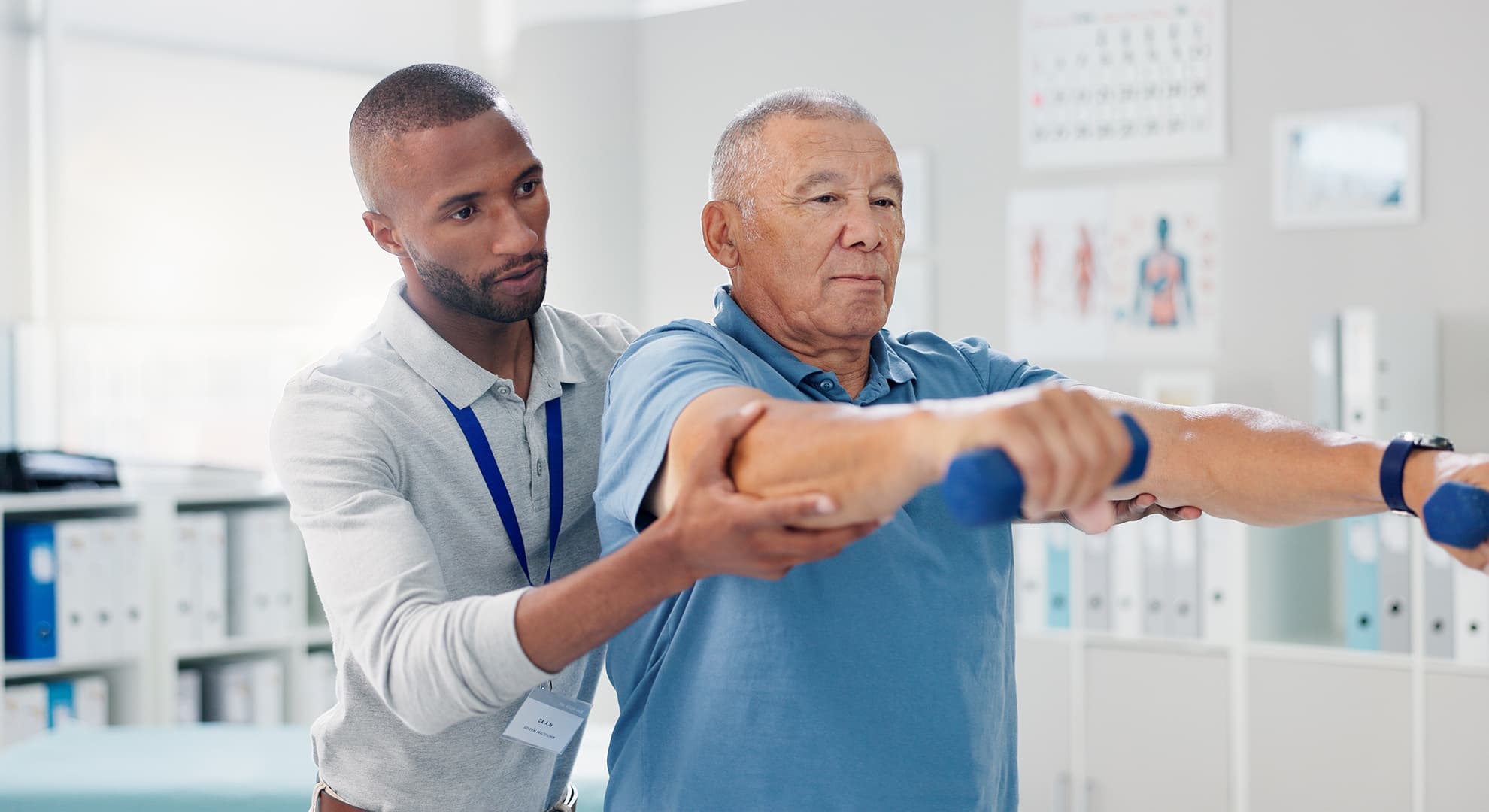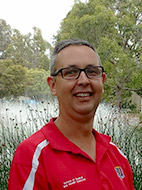An ally is someone who is part of a group with a common goal.
Someone who contributes a specific set of skills that others in the group don’t have.
In the case of health allies, that goal is keeping humans healthy.
Allied Health professionals are qualified specialists who work as part of a team in hospitals and clinics or in private practice as consultants.
Who works in Allied Health?
According to Dr David Reid, Associate Dean of Allied Health at Edith Cowan University, "Allied Health is an important part of every life stage."
Here's an example* of how one person might encounter Allied Health professionals during their lifetime.
As a child, Sarah had trouble speaking clearly. Her parents took her to see a speech pathologist who helped her pronounce words better, giving her more confidence.
In school, Sarah struggled with messy handwriting. An occupational therapist helped her develop fine motor skills. With time and practice, her writing improved, allowing her to excel in school and go on to study nursing.
After university, a mountain biking accident left Sarah with back pain, so she saw an exercise physiologist who provided her with an exercise program to improve her strength and fitness, manage her pain and get back to her active lifestyle.
In her 30s, Sarah became pregnant. Ultrasounds showed her baby growing, which filled her with excitement and relief. The medical sonographer's expertise made the experience less intimidating.
Life changed again in her 40s when Sarah was in a serious car accident. Paramedics quickly arrived at the scene and transported her to hospital.
In her 50s, Sarah was diagnosed with type 2 diabetes. Determined to manage it, she worked with a dietitian to control her blood sugar levels.
Meet Sophie Peters, Occupational Therapist
At school, Sophie knew she wanted a career helping people, but she wasn’t sure exactly how to do it.
"I started studying nursing but after a practical placement quickly realised it wasn't for me," she says.
At the time, Sophie had a few friends studying occupational therapy, or OT.
She thought it sounded practical and varied, so she switched to an ECU course in OT and hasn't looked back.
"I was out on placement from first semester in my first year. This hands-on training is so beneficial to your development and experience as an OT," Sophie says.
Now, as a senior OT in the burns unit at Perth Children's Hospital, Sophie gets to help people every day.
"I work with an incredible team of doctors, nurses, physiotherapists and a social worker.
"We work with children who've been admitted to hospital and children who require care in the burns clinic."
 ECU Occupational Therapy graduate Sophie Peters.
ECU Occupational Therapy graduate Sophie Peters.
Ready to join the medical profession?
If this article has opened your eyes to an alternative career in healthcare, you can start exploring courses and watch videos of people like Sophie on this Allied Health page.
*Source: Careers with STEM magazine 2025

 Allied Health professionals are qualified specialists who work as part of a team in hospitals and clinics or in private practice as consultants.
Allied Health professionals are qualified specialists who work as part of a team in hospitals and clinics or in private practice as consultants.



